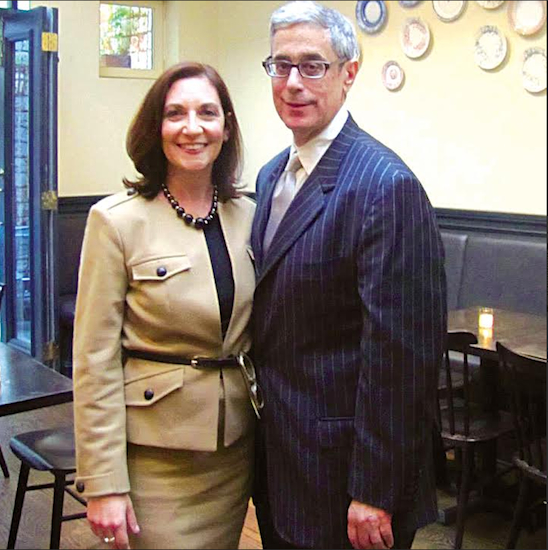Will candidate Szochet’s pro bono work give her edge in judicial race?
Chuck Otey's Pro Bono Barrister

Few attorneys have given as much of their time and talent toward providing much-needed legal pro bono services and professional leadership as has barrister Diana Szochet, who is currently an assistant deputy chief Appellate Court attorney in the Second Appellate Division.
To the surprise of some — and the delight of many — barrister Szochet announced earlier this year that she would stand as a Democratic candidate for the bench in Brooklyn’s Sixth District. What should come as no surprise is that she has been endorsed by Brooklyn’s long-reigning champion pro bono lawyer, Steve Cohn, who is also a past president of the Brooklyn Bar Association.
“I’ve worked with Diana over the years on pro bono legal services and other matters,” barrister Cohn said. “What I find remarkable is how concerned she is that people who can’t afford to hire a lawyer should never lose out on their livelihoods, their homes, or live a lesser life because proper medical care is simply too expensive. She’s a fine lawyer and will be an excellent judge with true compassion for the unfortunate!”

Brooklyn Boro
View MoreNew York City’s most populous borough, Brooklyn, is home to nearly 2.6 million residents. If Brooklyn were an independent city it would be the fourth largest city in the United States. While Brooklyn has become the epitome of ‘cool and hip’ in recent years, for those that were born here, raised families here and improved communities over the years, Brooklyn has never been ‘uncool’.